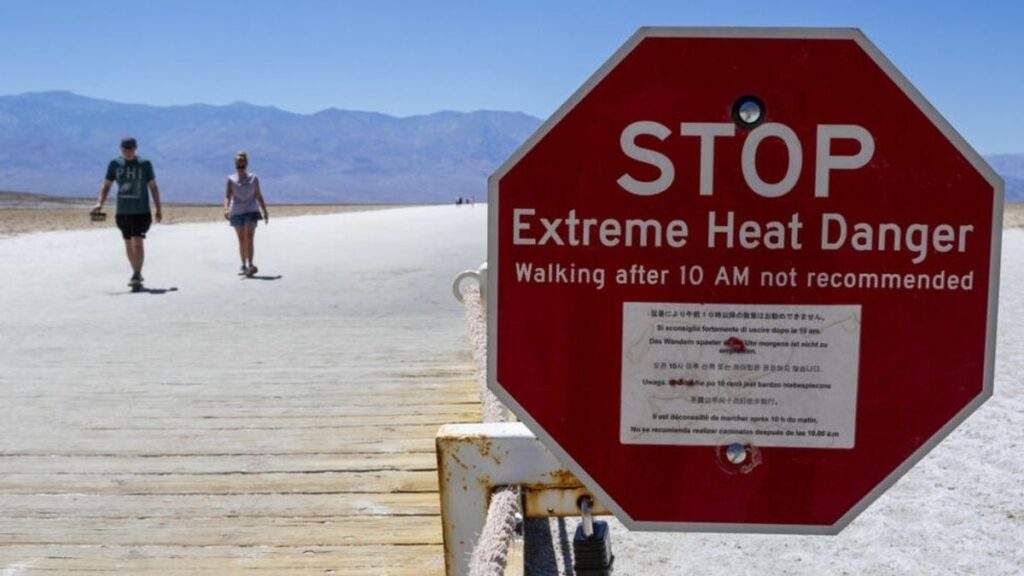As the world prepares for another scorching summer, major humanitarian organizations like the Red Cross and USAID are raising the alarm about the deadly impact of extreme heat, especially on vulnerable populations. In a virtual summit, these organizations emphasized the urgent need for global action to address the risks associated with rising temperatures, highlighting extreme heat as a critical but often overlooked aspect of the climate crisis. With 2023 being the hottest year on record, the threat to public health and safety is becoming increasingly dire.
Jagan Chapagain, the secretary general of the International Federation of Red Cross and Red Crescent Societies, stressed the importance of a united effort from governments, civil societies, and all stakeholders worldwide to prepare for the looming challenges of extreme heat. Samantha Power, the head of USAID, pointed out that heat-related fatalities in the United States already exceed those caused by hurricanes, floods, and tornadoes combined. Initiatives like the creation of heat-resilient schools in Jordan are being introduced as proactive measures to protect vulnerable communities.
The impact of climate change, particularly the rise in extreme heat events, is not limited to traditionally hot regions. Europe, the continent experiencing the fastest rate of warming, saw over 60,000 heat-related deaths in 2022, highlighting the global scale of this crisis. Efforts to combat these effects range from planting trees in urban areas like Freetown, Sierra Leone, to reduce heat islands. However, leaders like Freetown Mayor Yvonne Aki-Sawyerr caution against losing sight of the crucial goal of reducing emissions.
Access to life-saving information, such as climate data and early warning systems, is crucial in saving lives and assets. Yet, a third of the world’s population lacks access to this vital information, emphasizing the need for increased investment in climate adaptation and resilience measures, especially in disadvantaged and at-risk communities.
The warnings issued by the Red Cross and USAID serve as a stark reminder of the immediate and long-term challenges posed by extreme heat. As the world approaches another potentially record-breaking summer, the call for action grows more urgent. Combating this “invisible killer” requires a unified approach, combining efforts to enhance resilience, improve early warning systems, and ultimately reduce global emissions significantly. Only through collective action can the world protect its most vulnerable populations from the devastating impacts of climate change.
